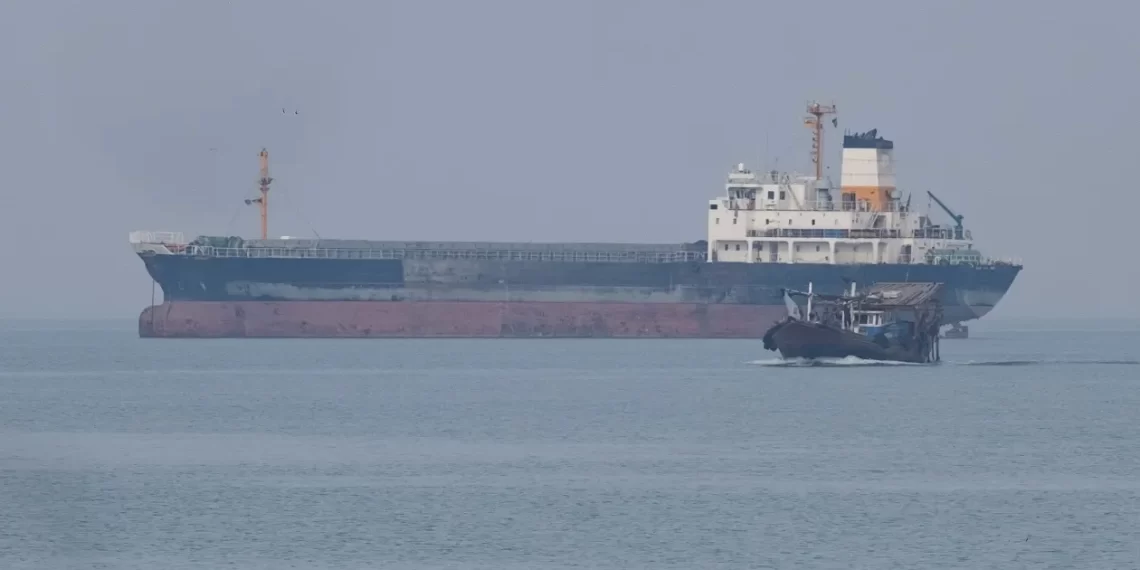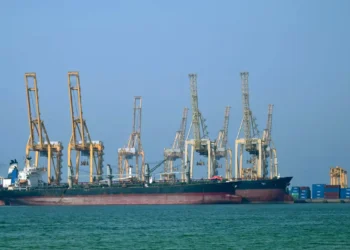BEIJING (Realist English). China’s imports of Iranian oil have nearly doubled in the past two years, defying stringent US sanctions aimed at choking off Tehran’s key revenue source, according to new data and industry analysts.
Despite Chinese customs showing no official Iranian oil shipments since July 2022, ship tracking data from Kpler indicates imports surged to 17.8 million barrels per day (mbd) in 2024 — nearly twice 2022 levels. In the first five months of this year, flows held steady at 6.8 mbd, cementing China as Iran’s top crude customer.
“US sanctions have barely dented Iranian oil exports,” said Brian Leisen, global energy strategist at RBC Capital Markets. Analysts attribute this resilience to a shadow supply chain involving ship-to-ship transfers in the Middle East Gulf and off Malaysia, plus “spoofing” tactics to disguise tanker routes and cargo origins.
China’s independent “teapot” refineries have led the buying spree, snapping up Iranian crude often sold at a $6–7 discount compared to similar non-sanctioned grades, according to Kpler. Payments are typically made in yuan and routed through small sanctioned banks, avoiding exposure to the US-dollar dominated SWIFT system.
Tehran’s oil and petrochemical exports generated an estimated $70 billion in 2023, despite Washington ramping up sanctions on tankers and facilitators linked to the trade.
A growing hotspot
The waters east of Peninsular Malaysia have become a hub for Iranian transshipments, said Bridget Diakun of Lloyd’s List Intelligence, noting recent spikes in tankers “spoofing” their location data to conceal cargo hand-offs.
Meanwhile, China’s reported crude imports from Malaysia rose to 1.4 mbd last year, exceeding Malaysia’s total domestic output — underscoring the covert flow of Iranian barrels.
US policy shift?
Earlier this week, US President Donald Trump appeared to soften his stance, suggesting China could continue purchasing Iranian oil — sparking a 6% drop in US crude prices. The White House later clarified sanctions remain intact, though analysts said the comments may hint at slower enforcement to incentivize Iran’s compliance with a fragile ceasefire and potential nuclear talks.
“It’s too early to say this means a waiver, but the pace of new sanctions could slow,” said Kpler’s Muyu Xu.
For now, Iran’s discounted crude continues to flow, as US sanctions face persistent challenges in disrupting Tehran’s shadow oil trade.


















